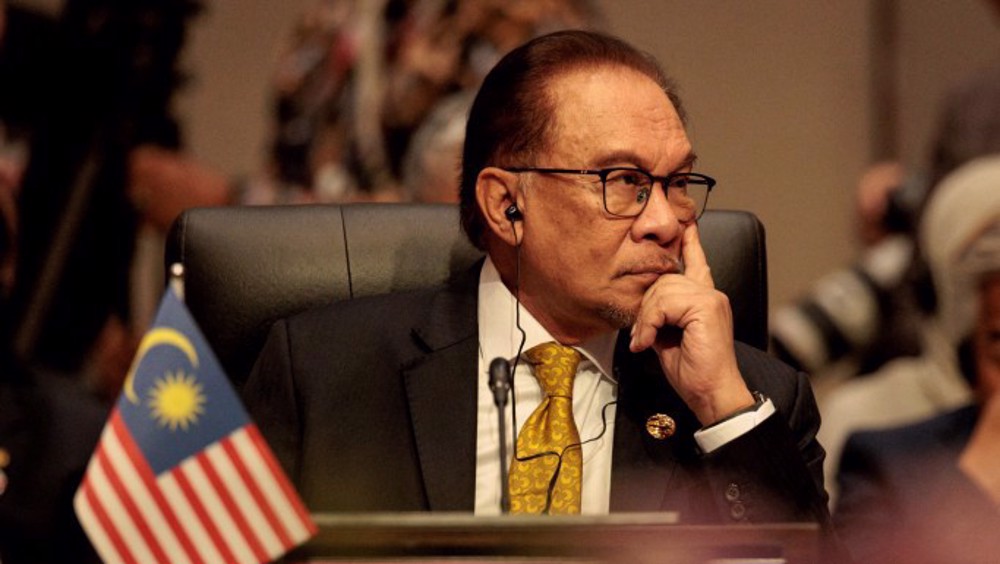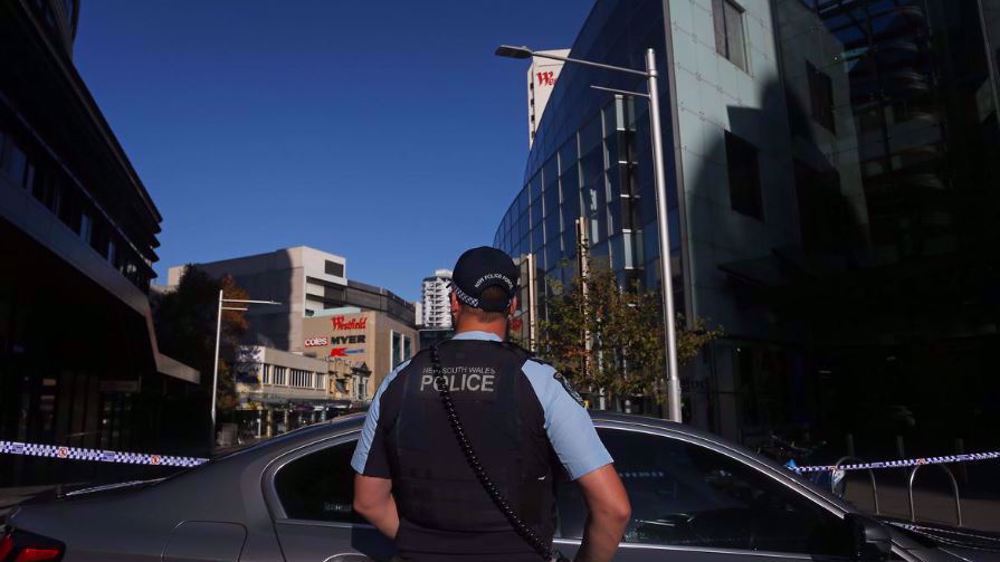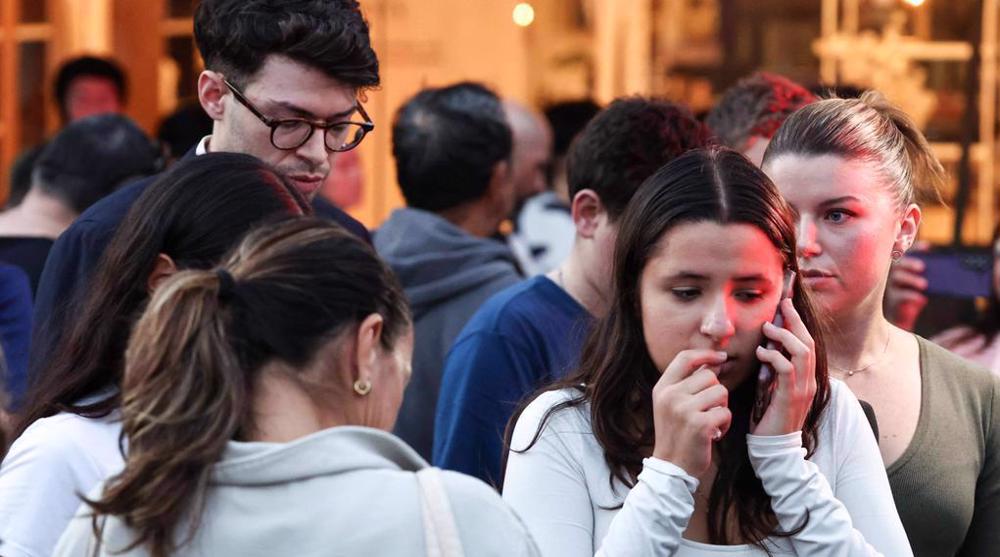Rights groups warn against repatriation of Rohingya Muslims
Human Rights Watch (HRW) and Amnesty International have called on Bangladesh and Myanmar to drop plans for the repatriation of Rohingya Muslims.
In a statement released on Thursday, the HRW said Dhaka had to endorse the recommendations offered by top United Nations (UN) refugee and human rights officials and immediately stop the repatriation of Rohingya refugees to Myanmar.
“The Bangladesh government will be stunned to see how quickly international opinion turns against it if it starts sending unwilling Rohingya refugees back into harm’s way in Myanmar,” said Bill Frelick, the HRW refugee rights director.
Thousands of Rohingya Muslims were killed, injured, arbitrarily arrested, or raped by Myanmarese soldiers and Buddhist mobs mainly between November 2016 and August 2017, when the surviving members of the community started fleeing to Bangladesh en masse.
With a population of more than 700,000 Rohingya refugees are now living in crammed camps in the border areas of Bangladesh, whose army troops and paramilitary forces have now been deployed to enforce a plan to repatriate a first group of refugees that includes 2,251 individuals, according to a recent report by The Guardian, an indication that Bangladesh may be prepared to used force.
Bangladeshi authorities claim that the 2,251 Rohingya Muslims scheduled for return are willing to go back to Rakhine State, their home province in Buddhist-majority Myanmar.
This is while reports, including the recent one by The Guardian, point to the contrary.
Also on Thursday, around 1,000 Rohingya Muslim refugees held a protest rally at the Unchiprang camp — one of the sprawling refugee settlements near the city of Cox’s Bazar in Bangladesh — to express their strong opposition to a return to Myanmar, where rights officials say the risk of state-sponsored violence continues to exist.
“Nothing the Myanmar government has said or done suggests that the Rohingya will be safe upon return,” Frelick, the HRW official, said.
Myanmar and Bangladesh announced earlier this month that they were going to start implementing a previous repatriation agreement in mid-November. According to a Myanmarese government statement, an initial group of 2,251 would be sent back from Thursday at a rate of 150 people per day.
The announcement prompted human rights groups, aid agencies, and many governments to raise concerns about safety issues for Rohingya back in Myanmar.
In a statement on Wednesday, Amnesty International also warned against the repatriation of the Rohingya refugees from Bangladesh to Myanmar, saying the controversial plan would put thousands of the members of the minority group at risk.
“These women, men and children would be sent back into the Myanmar military’s grasp with no protection guarantees, to live alongside those who torched their homes and whose bullets they fled,” said Nicholas Bequelin, Amnesty’s regional director for East and Southeast Asia. “A population traumatized by Myanmar’s deadly campaign is now terrified of what their future holds.”
The Rohingya refugees have long insisted that they will not return without guarantees of basic rights, including citizenship and freedom of movement.
Back in August, a UN investigation into the acts of violence in Myanmar concluded that the country’s military committed the atrocities against the Rohingya Muslims with “genocidal intent.”
The UN, too, has repeatedly warned that the repatriation of the Rohingya would be dangerous, given that they still faced violence in Myanmar. Last week, UN Special Envoy for Myanmar Yanghee Lee said the people were still facing a “high risk of persecution.”
The Rohingya Muslims — who have lived in Myanmar for generations — are denied citizenship and are branded illegal immigrants from Bangladesh, which likewise denies them citizenship.
US vetoes Palestinian request for full UN membership
Iran sufficed to striking part of Israel’s military positions: FM to UN chief
IRGC: Israel’s Dimnoa nuclear reactor not among Op. True Promise’s targets
VIDEO | West Asia awakens
'Stop any further Israeli adventurism,' Iran FM tells Security Council
Google fires 28 employees for protesting military deal with Israel
Burkina Faso expels three French diplomats over ‘subversive activities’
Iran slams G7 statement, vows no iota of doubt to respond to aggression












 This makes it easy to access the Press TV website
This makes it easy to access the Press TV website